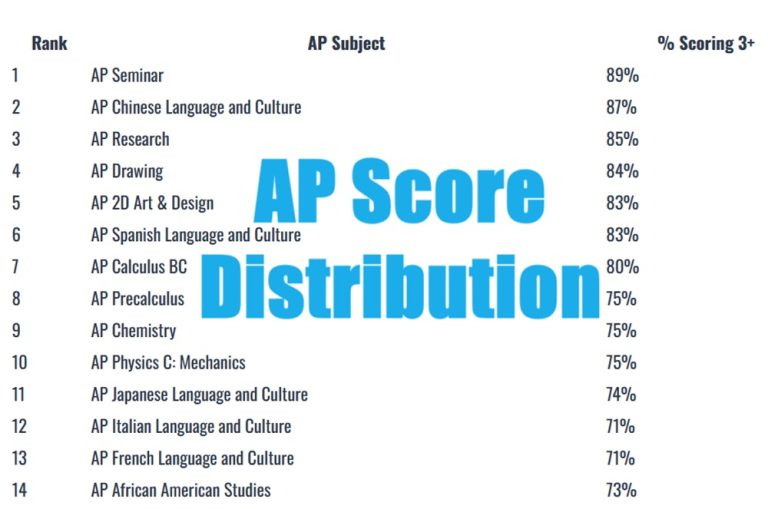Is a D Grade Passing? Quick Facts & Insights

If you’ve ever wondered, "Is a D grade passing?", you’re not alone. Many students and parents grapple with this question, especially when it comes to academic standards and future opportunities. A D grade often sits on the borderline between passing and failing, but the answer isn’t always straightforward. This post will break down the facts, explore what a D grade means, and provide insights to help you navigate this common academic dilemma. Whether you’re a student, parent, or educator, understanding the implications of a D grade is crucial for making informed decisions. (grade requirements, academic standards, passing grades)
What Does a D Grade Mean?

A D grade typically indicates a passing mark, but it’s the lowest grade considered acceptable in most educational systems. While it’s better than an F (failing grade), it still reflects a below-average performance. The exact meaning of a D grade can vary depending on the institution, course, or country. In some cases, a D might be sufficient to advance to the next level, but it may also limit your options for higher education or certain programs. (academic performance, grading scale, educational standards)
D Grade vs. Failing Grade: Key Differences
The primary difference between a D grade and an F is that a D is considered passing, while an F indicates failure. However, a D often comes with strings attached. For instance, some schools may require students with D grades to retake courses or improve their performance to meet specific standards. Additionally, a D grade may not count toward certain GPA requirements or prerequisites for advanced classes. (passing grades, failing grades, academic requirements)
Does a D Grade Affect Your Future?

A D grade can have long-term implications, especially if you’re planning to pursue higher education or specific career paths. Many colleges and universities have minimum GPA requirements, and a D grade can drag down your overall average. Similarly, some employers or professional programs may view a D as a red flag, questioning your readiness or commitment. That said, a single D grade doesn’t define your entire academic journey—it’s how you respond to it that matters. (higher education, career opportunities, GPA impact)
How to Recover from a D Grade
If you’ve received a D grade, don’t panic. Here are actionable steps to bounce back:
- Identify the Cause: Determine why you earned a D—was it due to lack of preparation, difficulty with the subject, or external factors?
- Seek Support: Talk to teachers, tutors, or counselors for guidance and resources.
- Improve Study Habits: Develop a structured study plan and stay consistent.
- Retake the Course: If possible, retake the course to improve your grade and understanding.
(academic recovery, study tips, educational support)
✨ Note: Some institutions allow grade replacement, where a retaken course replaces the original grade in your GPA calculations. Check your school’s policy for details.
Quick Facts About D Grades

| Fact | Details |
|---|---|
| Is a D Passing? | Yes, in most cases, but it’s the lowest passing grade. |
| GPA Impact | A D typically equates to a 1.0 on a 4.0 scale, significantly lowering your GPA. |
| College Acceptance | Some colleges may accept a D, but it could affect admission to competitive programs. |
| Prerequisites | A D may not satisfy prerequisites for advanced courses or majors. |

(grading scale, college admissions, academic prerequisites)
Checklist: What to Do After a D Grade
- Review your school’s grading policy.
- Meet with your teacher or advisor to discuss improvement strategies.
- Create a study plan for future courses.
- Explore retaking options if available.
- Stay motivated and focus on long-term goals.
(academic improvement, study strategies, educational planning)
While a D grade is technically passing, it’s a signal to reassess your academic approach. Whether you’re aiming for higher education or career advancement, understanding the implications of a D grade is the first step toward improvement. By taking proactive measures, you can turn a setback into an opportunity for growth. Remember, one grade doesn’t define your potential—it’s your response that shapes your future. (academic success, educational growth, career planning)
Is a D grade considered passing in high school?
+
Yes, a D grade is typically considered passing in high school, but it may limit opportunities for advanced courses or college admissions.
Can I get into college with a D grade on my transcript?
+
Some colleges may accept a D grade, but it could impact your chances for competitive programs or scholarships.
Does a D grade affect my GPA?
+
Yes, a D grade typically equates to a 1.0 on a 4.0 scale, significantly lowering your overall GPA.


